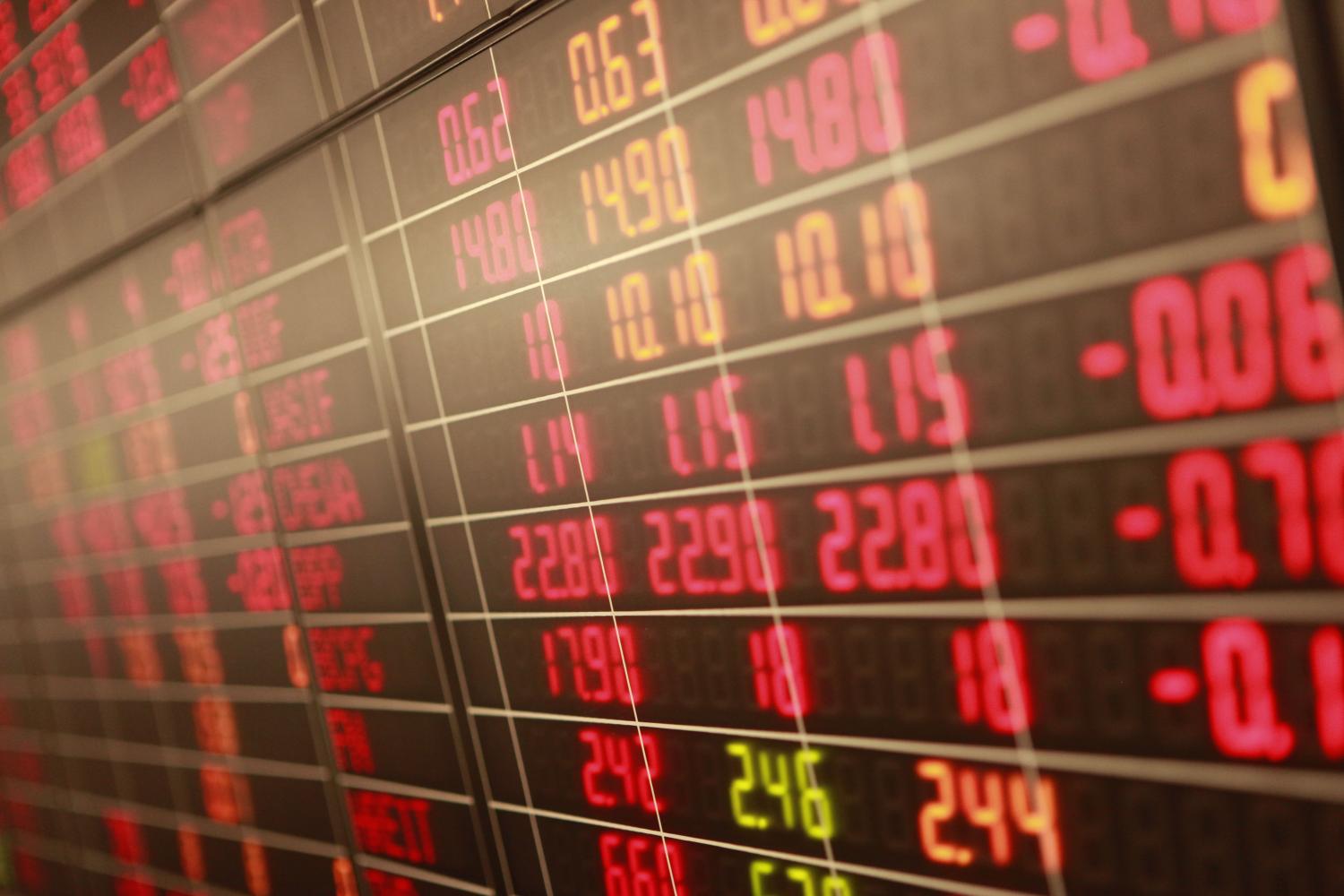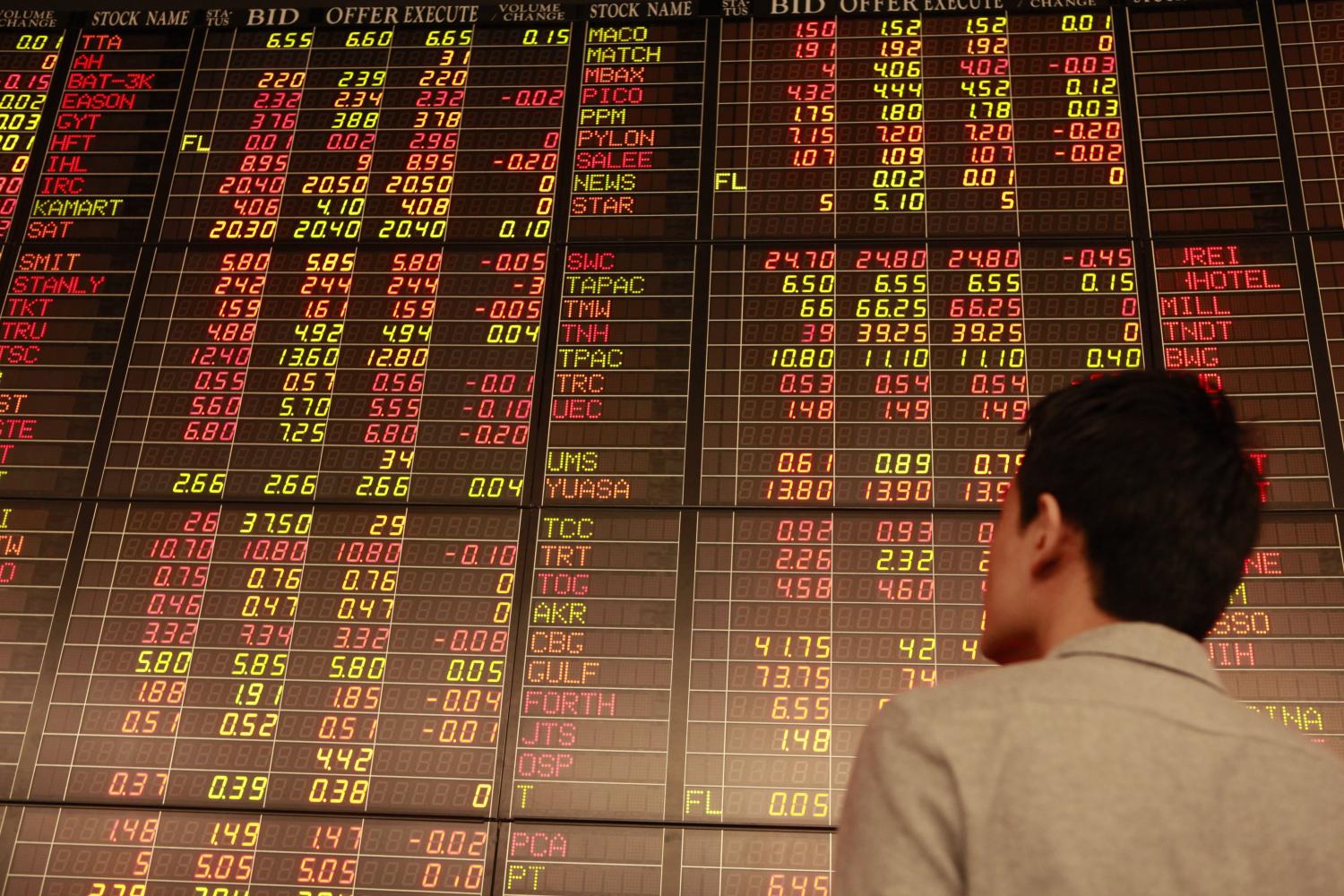
Foreign investors continued to be net sellers of Thai equities for a third consecutive month in October, with external headwinds and a profit-taking incentive identified as the culprit behind offshore outflows, says the Stock Exchange of Thailand (SET).
Foreign net trading recorded an outflow of US$1.76 billion (53.4 billion baht) in August, followed by outflows worth $381 million and $258 million in September and October, respectively. Net foreign outflows in the stock market during the first 10 months were valued at $430 million.
Tensions surrounding the Sino-US trade dispute and uncertainty over the Brexit outcome kept a lid on investor confidence and caused recurring volatility in stock markets worldwide, said Soraphol Tulayasathien, SET senior executive vice-president.
The SET index has gained 2.4% in baht terms on a year-to-date basis through October, which translated to a 10.4% increase in US dollar terms.
"This discrepancy was the main reason behind foreign investors' profit-taking strategy," said Mr Soraphol.
"Foreign investors are expected to return to the SET if negative factors subside as our stock market remains strong in terms of fundamentals and growth."

External headwinds and profit-taking incentive are responsible for continuous offshore outflows, says Mr Soraphol. PORNPROM SATRABHAYA
The SET index's forward price-to-earnings ratio (P/E) and historical P/E ratio as of October stood at 16.6 times and 18.5 times, respectively, staying above the average forward P/E ratio and historical P/E ratio of Asian stock markets of 14.9 times and 15.9 times.
Thailand's bourse had the highest trading liquidity among Southeast Asian stock markets, with average trading value per day logging 52.1 billion baht. Total market capitalisation registered at 17.1 trillion baht at the end of October.
Funds raised from initial public offerings (IPOs) launched in the primary market were recorded at 67.1 billion baht, with SET-listed Asset World Corp (AWC), the hospitality and property firm of billionaire Charoen Sirivadhanabhakdi, at 48 billion as the most valued IPO in the region.
On Monday, AWC's share price tumbled by 10.7% or 65 satang to close at 5.40 baht, in trade worth 3.13 billion baht, after its greenshoe option of 1.043 million shares moved out of that investment period.
AWC shares were not included in the latest calculation of the MSCI Global Standard index, a move deviating from market expectations.
"Recurring negative global factors will affect short-term market sentiment. A plunge in AWC shares also pulled down the SET index on Monday, while other large-cap stocks in foreign investors' portfolios were sold to reduce risky asset exposure in the short run," said Therdsak Thaveeteeratham, executive vice-president at Asia Plus Securities.